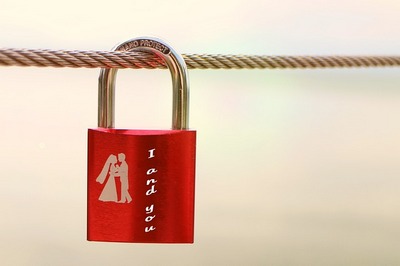More Muffin Tops in the Classroom
When textbooks fail to prepare students for the for the future, those textbooks should be kept out of the classroom. If outdated textbooks are a problem in your school, you might apply the homeless shelter solution. Here’s what I mean: One episode of Jerry Seinfeld’s popular television show (now canceled) featured a director of a homeless shelter refusing a donation. In the show, a bakery had cut the tops off of muffins and given the bottom portion, which no one wanted, to the shelter. The bakery thought they were doing something good. The shelter director, incensed that someone would offer a less-than-complete food product, had a different view of the bakery’s offering.
Learning material for students, such as current affairs textbooks printed on paper might have been acceptable in the pre-internet age. However, they are not well suited in today’s modern classroom. The problem is compounded when the classroom has not gone through the type of modernization of their cross-town counterparts. By the time a textbook is written, printed and shipped, those affairs will likely be old news, even for first edition readers. For the recipient of outdated books, the information is likely stale.
Patrick Larkin, principal at Burlington High in Boston states, “I don’t want to generalize because I don’t want to insult people who are working hard to make those resources,” Larkin said of textbooks, “but they’re pretty much outdated the minute they’re printed and certainly by the time they’re delivered. The bottom line is that the iPads will give our kids a chance to use much more relevant materials.”
Hunger Strike of the Mind
If school districts that have been the dumping ground for outdated textbooks would adopt a policy to not accept second-rate materials, things will change. In order for that to happen, administrators, teachers and students must stand as one body and demand up-to-date tools for learning.
I believe a hunger strike for the mind is in order whereby students refuse to put anything in their heads other than premium grade material that’s not stale.
Ebooks to the Rescue
Tools are available to help children in underserved schools have access to the same material at the same time as those in well-funded schools. Ebooks and ebook readers are one of the best solutions to help children achieve parity.
Teachers and administrators should stop scrapping over the crumbs-for-kids programs offered by many cash-strapped, class-minded school boards. They might be wise to look to the private sector for support. If they would focus their energies on partnering with Amazon, Apple and the likes, they might soon overcome the deficiency of inadequate reading materials.
Outdated textbooks are the muffin bottoms of literacy and reading in public education. Begin to feed students muffin top tools and watch them savor reading literacy.
Do you believe there is a future for printed textbooks in the classroom?
